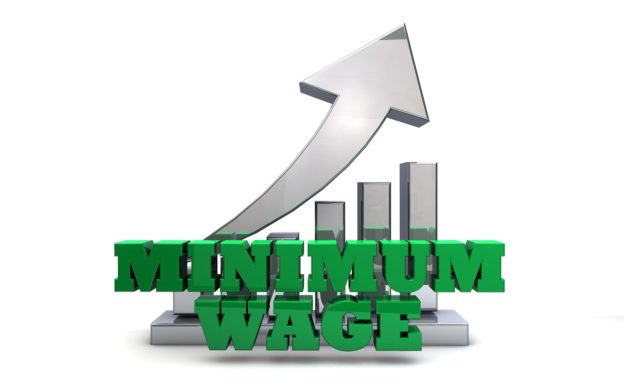
JT Washington
Election season is here. In many states, early voting has already started or will soon begin. It is crucial for Nevada employers to understand their obligations regarding employees with Election Day approaching in just a couple weeks.
While federal law may not mandate employers to grant employees time off to cast their votes, several states, including Nevada, insist on such accommodation. These laws are designed to guarantee employees the opportunity to contribute their voices to the electoral process without fear of employer-imposed sanctions.
In Nevada, employees registered to vote may request leave from their employers if it is impracticable for them to vote before or after work. Nevada employers are required to give eligible employees “sufficient time” off to vote*. The amount of voting leave an employee receives is determined by the distance between the employee’s workplace and their polling place – this chart details the amount of voting leave employees are entitled to in Nevada:
| Distance between job and polling place | Time Off Allowed for Voting |
| 2 miles or less | 1 hour |
| more than 2 miles but not more than 10 miles | 2 hours |
| more than 10 miles | 3 hours |
Employees wishing to use leave to vote must request leave before Election Day*. Under Nevada law, employers can designate when an employee may be absent to vote*. Read more




